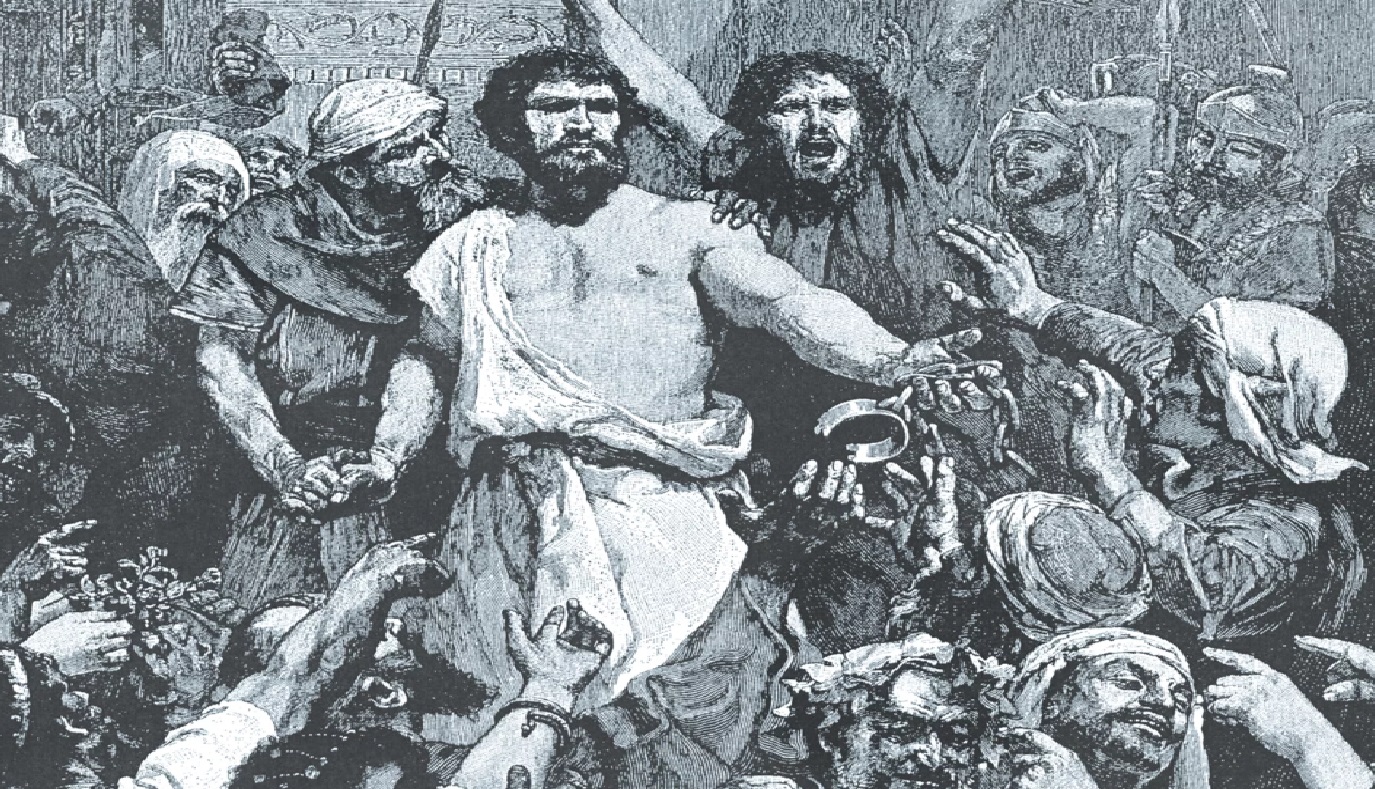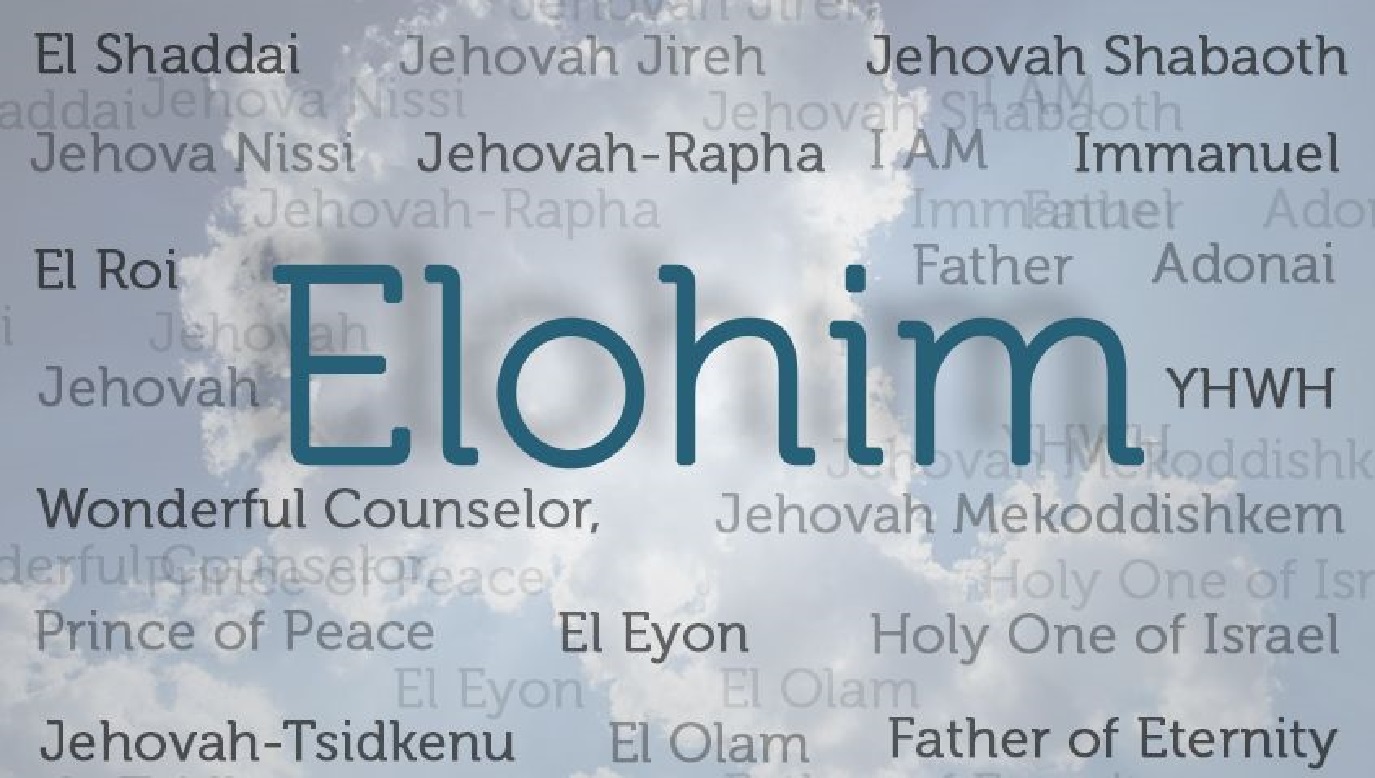
“Mere man” by F Paul Haney
September 2, 2023
Plural verbs used for Elohim
October 1, 2023Shared titles not same Identity

by Mike Hicks
Many assert that, since God and Jesus share many titles (Redeemer, Savior, God, Shepherd, Lord, King of Kings, Judge), they must be either the same one God or the same Divine Person. But in the Bible shared titles does not mean the same identity, as the following examples of divine titles shared by others apart from Jesus proof.
Redeemer
“So I thought to inform you, saying, Buy it before those who are sitting here, and before the elders of my people. If you will redeem it, redeem it; but if not, tell me that I may know; for there is no one but you to redeem it, and I am after you. And he said, I will redeem it” (Ruth 4:4, NASB).
In this verse, Boaz is discussing with Naomi’s near kinsman who would redeem her land and marry her daughter-in-law, Ruth. The near kinsman rejected the deal, and so Boaz became Ruth’s redeemer.
Savior
“Therefore you gave them into the hand of their enemies, who made them suffer. And in the time of their suffering they cried out to you, and you heard them from heaven, and according to your great mercies you gave them saviors who saved them from the hand of their enemies” (Nehemiah 9:27, ESV).
As seen in the book of Judges, Israel would often rebel against God, causing Him to oppress them with their enemies. Upon their repentance, God would send them a savior , that is, an individual from among Israelwho would destroy the oppressor and save Israel.
“God”
“Then the LORD said to Moses, See, I make you as God to Pharaoh , and your brother Aaron shall be your prophet’” (Exodus 7:1, NASB).
“I said, You are gods; and all of you are sons of the most High’” (Psalm 82:6, NASB).
The Hebrew word Elohim , meaning God/god, was applied to the true God (Yahweh), Moses, Israelite judges, kings, and false gods. The word simply means someone who has great authority and power, and does not only apply to Yahweh.
Shepherd
“Son of man, prophesy against the shepherds of Israel. Prophesy and say to those shepherds, Thus says the Lord GOD, Woe, shepherds of Israel who have been feeding themselves! Should not the shepherds feed the flock?” (Ezekiel 34:2, NASB).
“I will set shepherds over them who will care for them, and they shall fear no more, nor be dismayed, neither shall any be missing, declares the LORD” (Jeremiah 23:4, ESV).
God spoke to the shepherds of Israel, even though He was the Shepherd of Israel. Moreover, during the millennium God will set up shepherds to feed His flock. These are the saints who will rule and reign with Christ.
Lord
“So Sarah laughed to herself, saying, After I am worn out, and my lord is old, shall I have pleasure?” (Genesis 18:12, ESV).
“The LORD says to my lord: Sit at my right hand until I make your enemies a footstool for your feet” (Psalm 110:1).
Many people in the Bible are referred to as lord. It is simply a term of respect, much like calling a man today. David tells us that the LORD (Yahweh) prophetically told David’s my lord (adoni, the lord Messiah) to sit at His right hand. Adoni refers all 195 times to a human or angelic NON-DEITY superior. It never refers to Yahweh, Adonai. This Old Testament Scripture is quoted in the New Testament more than any other and is crucial to our understanding of Christ’s relationship to God. Although David was king, he recognized that the future Messiah would be his superior and would sit at God’s right hand. David never imagined that the Messiah would be a second GOD, making two GODS!
King of kings
“You, O king, the king of kings, to whom the God of heaven has given the kingdom, the power, and the might, and the glory” (Daniel 2:37, ESV).
Daniel calls Nebuchadnezzar the king of kings. Daniel was not confusing him with Yahweh, but merely acknowledging the fact that human beings can share God’s titles in certain situations. Moreover we see that, although he was considered “king of kings,” his authority was a derived authority: it came from God almighty who is the ultimate King of Kings.
Judge
“For the LORD is our judge; the LORD is our lawgiver; the LORD is our king; he will save us” (Isaiah 33:22, ESV).
“When the LORD raised up judges for them, the LORD was with the judge and delivered them from the hand of their enemies all the days of the judge; for the LORD was moved to pity by their groaning because of those who oppressed and afflicted them” [Judges 2:18, NASB].
Ultimately, Yahweh is the Judge. Nevertheless, He raised up human judges and He was with them in their judgments. Paul said that there is coming a day when God will judge the world “by a man whom He has appointed, having furnished proof to all men by raising him from the dead” (Acts 17:31). This is an example of agency, which is the way in which God, ever since the fall of man, has interacted with humanity. The saints too are destined to judge the world (1 Cor. 6:2). One can also see the concept of agency in the New Testament, in the relationship between Christ and his followers: “As he was traveling, it happened that he was approaching Damascus, and suddenly a light from heaven flashed around him; and he fell to the ground and heard a voice saying to him, Saul, Saul, why are you persecuting me? And he said, Who are you, lord? And he said, I am Jesus whom you are persecuting” (Acts 9:3-5, NASB).
Saul was not chasing Jesus around trying to arrest him. He was in fact persecuting the followers of Jesus . However, because the church is the body of Christ, they are his agents or ambassadors, and so to persecute them is to persecute Christ himself.
“‘When did we see you sick, or in prison, and come to you?’ The King will answer and say to them, Truly I say to you, to the extent that you did it to one of these brothers of mine, even the least of them, you did it to me” (Matthew 25:39-40, NASB).
In biblical language, to do something to a Christian is to do something to Jesus. This does not, however, make the church identical to Jesus or Jesus identical to the church.
We also see titles shared by Christ and the church:
“Again Jesus spoke to them, saying, ‘I am the light of the world. Whoever follows me will not walk in darkness, but will have the light of life’” (John 8:12, ESV).
“You are the light of the world. A city set on a hill cannot be hidden” (Matthew 5:14, ESV).
